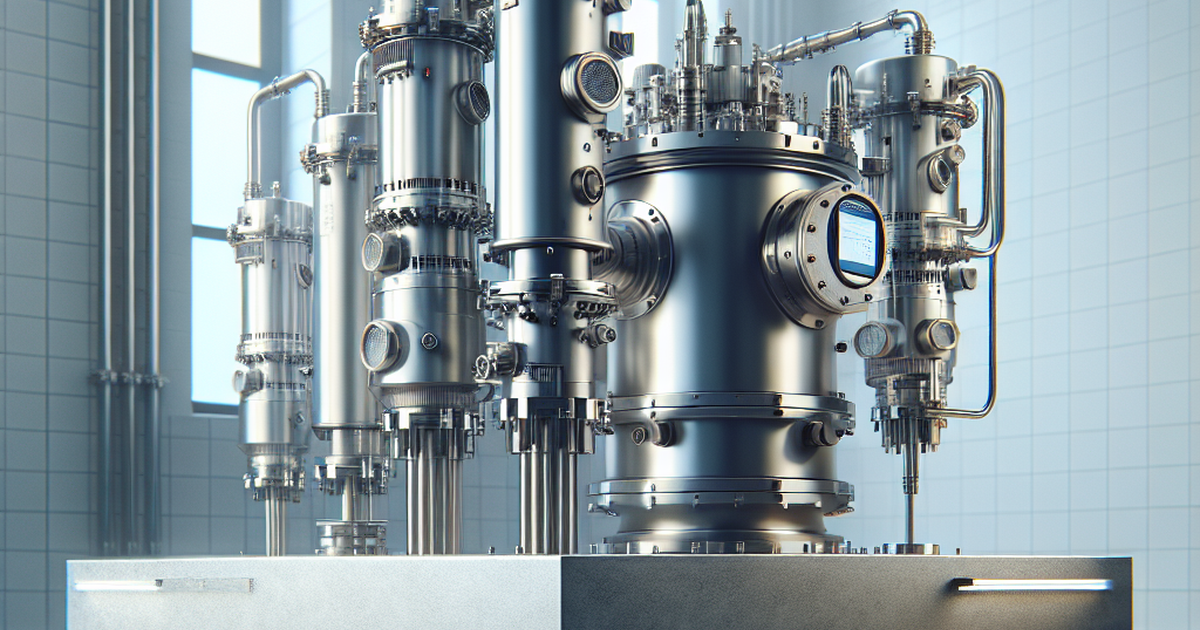FAQ on Exner Turbidity and Solids Sensors Achieving 3A and EHEDG Hygienic Certifications

Summary
South Fork Instruments' Exner turbidity and solids concentration sensors have received 3A and EHEDG certifications, validating their compliance with stringent hygienic design requirements for food and beverage processing applications.
What certifications have the Exner turbidity and solids concentration sensors received?
The Exner sensors have received both 3A Sanitary Standards and European Hygienic Engineering & Design Group (EHEDG) certifications.
Why are these certifications important for the food and beverage industry?
These certifications validate the sensors’ compliance with the most stringent hygienic design requirements, ensuring product safety and accurate measurement in sanitary environments.
How do the Exner sensors meet hygienic design requirements?
The sensors feature electropolished 316L stainless steel construction with surface finishes below 0.8 μm Ra, complete drainability, and resistance to standard cleaning and sanitizing compounds.
What are the key applications of the certified Exner sensors?
Applications include brewing wort clarification and filtration monitoring, dairy processing quality control, and pharmaceutical sterile manufacturing.
Who is the manufacturer of the Exner turbidity and solids concentration sensors?
South Fork Instruments, based in Auburn, Calif., is the manufacturer of the Exner sensors.
Where are the certified Exner sensors available?
The certified Exner sensors are available immediately through South Fork Instruments for customers across the Americas.
What are the benefits of using Exner sensors in food and beverage processing?
The sensors enable continuous turbidity monitoring without creating contamination risks or compromising HACCP protocols, ensuring product safety and quality.
What temperature range can the Exner sensors operate in?
The Exner sensors can operate in a temperature range from 0-90°C, suitable for both production and Clean-in-Place (CIP) operations.
How do the Exner sensors prevent bacterial adhesion?
The sensors’ electropolished 316L stainless steel construction with surface finishes below 0.8 μm Ra prevents bacterial adhesion.
Who should I contact for more information about the Exner sensors?
For more information, customers can contact South Fork Instruments, the supplier of the Exner turbidity and solids concentration sensors.

This story is based on an article that was registered on the blockchain. The original source content used for this article is located at 24-7 Press Release
Article Control ID: 95343